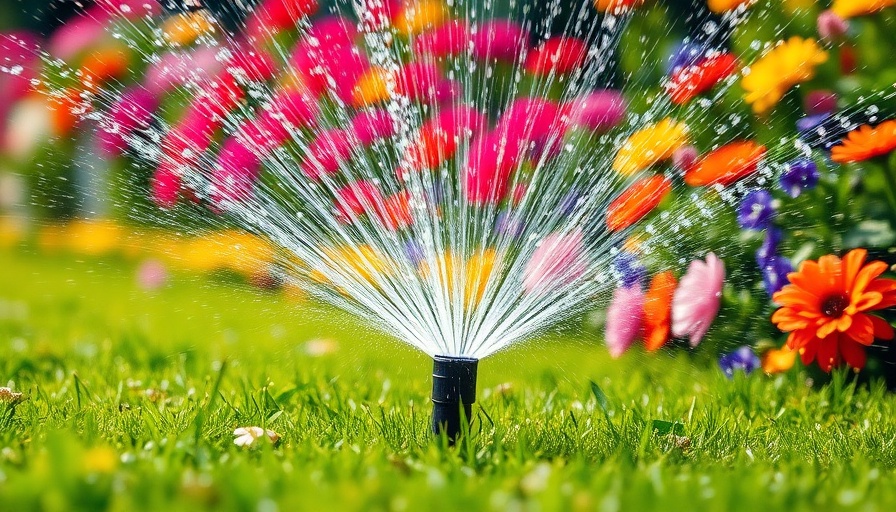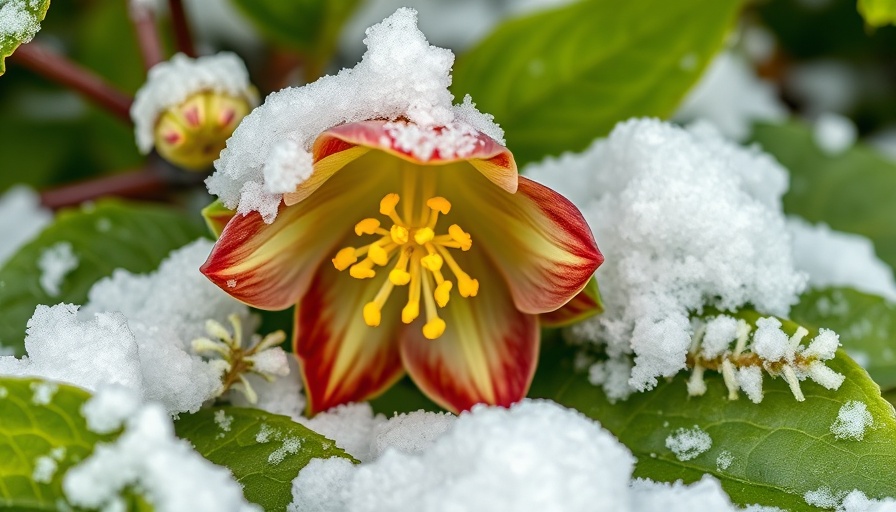
Understanding Smart Garden Irrigation Systems
In an era where climate unpredictability seems to be the norm, home and garden enthusiasts are increasingly turning to technology to maintain their green spaces. Smart garden irrigation systems represent a significant leap forward in sustainable gardening practices, allowing homeowners to efficiently manage water usage, save money, and ensure their plants receive the perfect amount of hydration.
Why Smart Irrigation is Essential Today
As weather patterns grow more volatile, traditional irrigation methods fall short. These outdated systems often waste water, forcing homeowners to re-evaluate their watering strategies. Smart irrigation systems, powered by advanced technology, monitor weather conditions and soil moisture levels to determine the ideal watering schedule. They adjust automatically, reducing waste and improving plant health. Homeowners can conserve water, control their gardens remotely via smartphone apps, and even receive alerts about system performance.
The Technology Behind Smart Irrigation
Understanding the technology behind these systems helps demystify their appeal. Many smart irrigation systems utilize sensors placed throughout the garden to gather real-time data on moisture levels. This data feeds into a central control system that calculates the exact amount of water needed for optimal plant growth. Some systems even integrate with local weather data, shutting off the irrigation when rain is forecast. This prevents overwatering, thus enhancing environmental sustainability.
Real-World Implementation and Benefits
Consider the example of a suburban homeowner in a region affected by sudden summer storms and droughts. By installing a smart irrigation system, they not only automate their watering but also slash their water bill significantly. Reports suggest that smart irrigation can reduce water consumption by up to 50%. This practical technology is not simply about convenience; it's fundamentally about responsible resource management in a changing climate.
Addressing Common Misconceptions
There are several misconceptions surrounding the cost and complexity of implementing smart irrigation systems. Many people believe that these systems are prohibitively expensive and complicated to install. However, in reality, numerous budget-friendly options exist that can be set up without professional help. Additionally, the cost savings on water bills often lead to a quick return on investment.
Future Trends in Smart Irrigation
Looking ahead, the trends in smart irrigation point towards greater integration with smart home technology. Expect to see more systems that communicate seamlessly with other IoT devices, optimizing energy and resource use across the board. Homeowners will have access to more intuitive interfaces that allow for customized programming and greater control than ever.
Final Thoughts on Investing in Smart Irrigation
For homeowners aged 35 to 55, investing in a smart irrigation system is not only an eco-friendly decision but also a practical one aimed at enhancing the longevity and beauty of their gardens. Embracing this technology means staying ahead of the curve, ensuring a flourishing garden regardless of what the weather has in store.
Don’t wait for the rain! Start your smart garden today and enjoy a thriving landscape while conserving water. For more information on choosing the right system for your needs, stay tuned to our blog!
 Add Row
Add Row  Add
Add 




 Add Row
Add Row  Add
Add 

Write A Comment